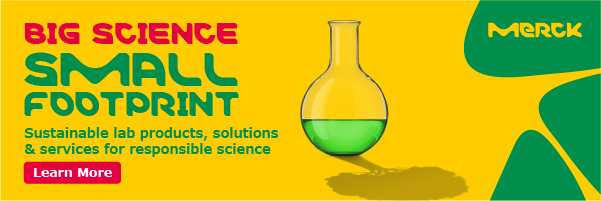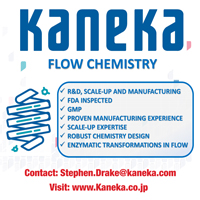Life Sciences
Avacta submits clinical trial application for AVA6000 pro-doxorubixin 14th January 2021
Avacta Group has submitted a clinical trial application (CTA) in the UK for a Phase 1, first-in-human study of its lead pre|CISION™ prodrug AVA6000 in patients with locally advanced or metastatic selected solid tumours.
In AVA6000, doxorubicin has been modified with Avacta’s pre|CISION chemistry which renders the modified drug inactive in the circulation until it enters the tumour micro-environment where it is activated by fibroblast activation protein enzyme (FAP) which is in high abundance in most solid tumours but not in healthy tissue such as the heart. AVA6000 has been shown in animal models to significantly increase the amount of active drug in a tumour compared with the heart and should thereby improve tolerability and achieve better clinical outcomes for patients.
The planned Phase 1 study is a first-in-human, open-label, multi-centre study to be carried out in the UK in patients with locally advanced or metastatic solid tumours which are known to be FAP positive including pancreatic, colorectal, breast, ovarian, bladder and non-small cell lung cancers, squamous cell carcinoma of the head and neck, and soft-tissue sarcoma.
The dose-escalation phase of the study, which will be carried out in 15-20 patients, is designed to evaluate the safety of AVA6000 in humans and establish the appropriate dosing levels for the dose expansion phase of the study. The dose expansion phase will consist of up to three studies in specific tumour types to further evaluate safety and tolerability and to explore the anti-tumour activity of AVA6000 when administered as a monotherapy. This phase of study will comprise 45-60 patients in total.
If the AVA6000 study shows that the pre|CISION chemistry is effective in reducing systemic toxicity of doxorubicin in humans, then it can be applied to a range of other established chemotherapies to improve their safety and efficacy. This would open up a pipeline of next-generation chemotherapies for Avacta with significant clinical and commercial value in a chemotherapy market that is expected to grow to $56 billion by 2024.



